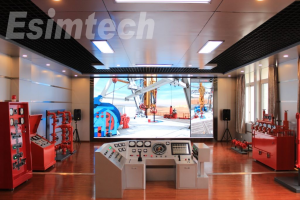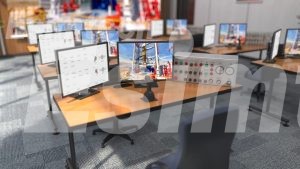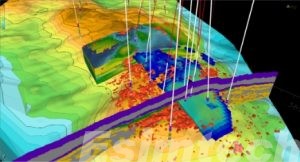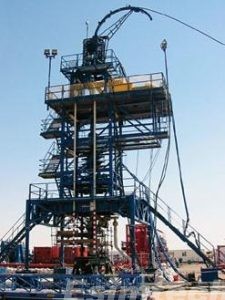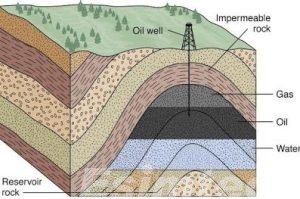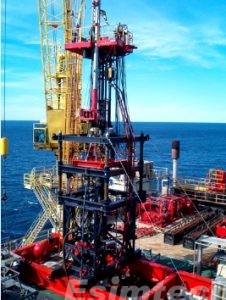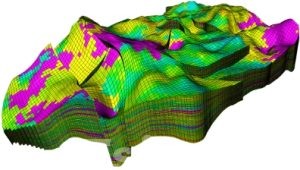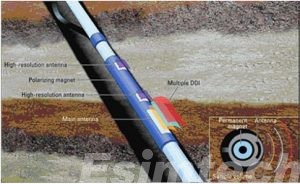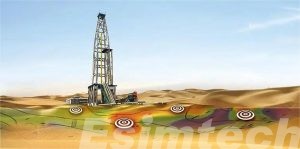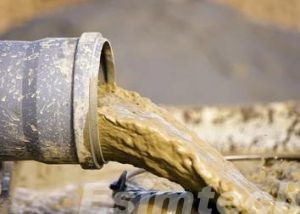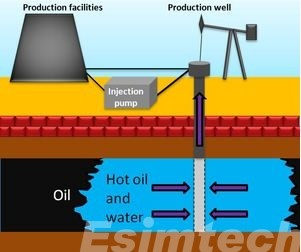Adapting Training Simulations for Unconventional Oil and Gas Operations
Unconventional oil and gas operations offer new opportunities for resource extraction in areas previously considered uneconomical. However, these operations come with unique challenges that demand specialized training solutions. This article explores…
How to Improve Drilling Efficiency in Top Drive Drilling
Top drive drilling systems have revolutionized the oil and gas industry by enhancing the efficiency and safety of drilling operations. As the demand for energy continues to rise, optimizing drilling efficiency of…
The Critical Role of Reservoir Characterization in Understanding A Reservoir
Reservoir characterization involves the detailed analysis and description of a reservoir’s properties. It provides essential information for making informed decisions about the development and management of hydrocarbon resources. Understanding the geological, petrophysical,…
The Role of Downhole Equipment in Carbon Capture and Storage
As the global community grapples with the escalating challenge of climate change, Carbon Capture and Storage (CCS) has emerged as a pivotal technology to mitigate greenhouse gas emissions. CCS involves capturing…
Training and Skill Development for Sidetrack Drilling
Sidetracking drilling is a key technology in the oil and gas industry that allows operators to re-enter and deviate from existing wellbores to reach undeveloped reservoirs, bypass obstacles, or optimize production…
Optimizing Well Stimulation for Different Reservoir Types
Well stimulation is a key process in the oil and gas industry, which increases hydrocarbon production by improving reservoir permeability and oil well productivity. The effectiveness of production enhancement treatment largely…
How to Ensure Safety in Snubbing Operations
Snubbing unit operations adopt specialized equipment to insert or remove tubing from a well while it is under pressure. Given the high-risk nature of these operations, strict adherence to safety standards and…
Reservoir Simulation in the Oil and Gas Industry
Reservoir simulation is a crucial tool in the oil and gas industry, providing detailed models of subsurface reservoirs to predict their behavior over time. This process uses mathematical models to…
The Role of Nuclear Magnetic Resonance Logging in the Oil and Gas Industry
Nuclear Magnetic Resonance (NMR) logging has become a critical technology in the oil and gas industry for reservoir characterization and hydrocarbon detection. This advanced technique provides detailed information about the…
Wellbore Integrity Management During the Lifecycle of a Well
Wellbore integrity is a key aspect of the oil and gas industry, including the ability of the well to hold fluids and prevent environmental pollution. Maintaining the integrity of the wellbore…
The Impact of Drilling Mud on Wellbore Stability
Drilling mud, also known as drilling fluid, plays a critical role in the oil and gas industry, especially in maintaining wellbore stability. This article will talk about the significance of drilling…
Thermal Enhanced Oil Recovery in Extracting Heavy Oil from Challenging Reservoirs
Thermal Enhanced Oil Recovery (TEOR) is an advanced method employed to extract heavy crude oil from reservoirs that are challenging to exploit using conventional techniques. It has become a critical technology in…

